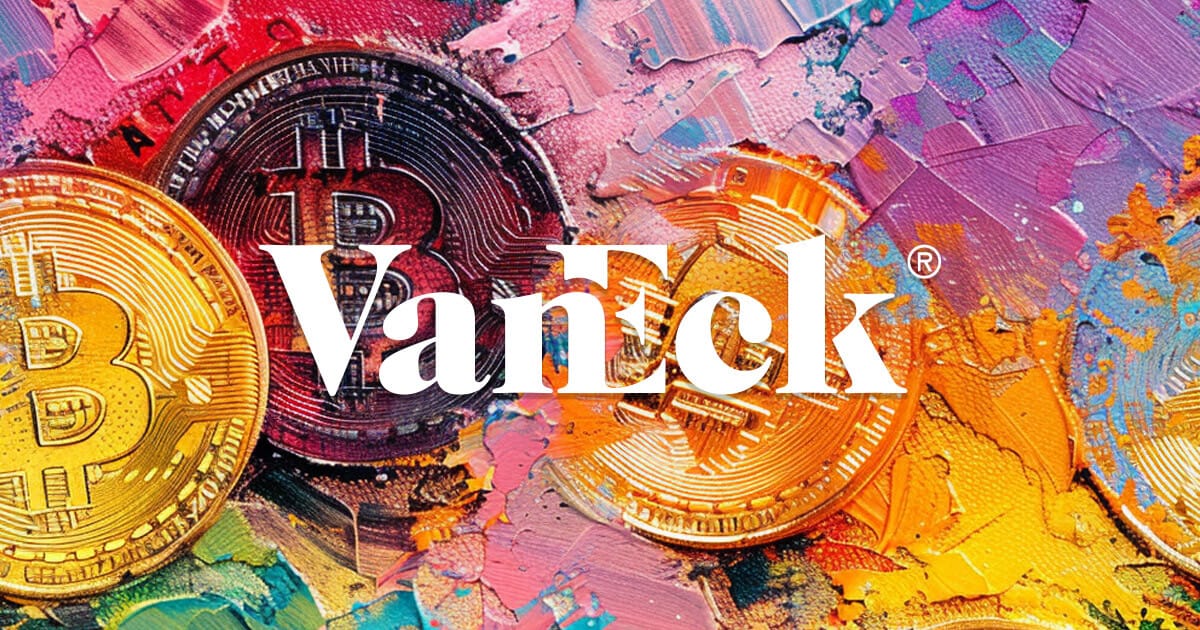VanEck Endorses Donald Trump's Vision for Bitcoin in U.S. Reserves

In a significant move that underscores the evolving relationship between finance and cryptocurrency, VanEck, a renowned asset management firm, has openly supported Donald Trump's proposal to include Bitcoin in the U.S. financial reserves. This endorsement marks a pivotal moment, reflecting not only on the acceptance of digital currencies in traditional finance but also on the political landscape's shift towards embracing blockchain technology.
The Vision and Its Implications
The idea of integrating Bitcoin into the U.S. reserve system might sound radical to some, yet it's rooted in a vision where cryptocurrencies could play a stabilizing role in national economies. Donald Trump, often known for his unconventional policies, has pitched this idea as a way to modernize and perhaps even revolutionize how the United States manages its wealth. The proposal isn't just about adopting new technology; it's about rethinking the economic framework in an era where digital currencies are gaining undeniable traction.
VanEck's backing of Trump's strategy isn't a decision made in haste. This firm is known for its foresight in investment trends, particularly in the realm of digital assets. Their support signals a broader acceptance within financial circles about the potential of Bitcoin not just as an investment vehicle but as a strategic asset for national economic security.
FOR IMMEDIATE RELEASE:
— matthew sigel, recovering CFA (@matthew_sigel) November 19, 2024
VanEck Endorses Strategic Bitcoin Reserve.
No need for 'sources'—we'll just tell you ourselves. https://t.co/ZO28dqiBqC
The conversation around Bitcoin in national reserves initially might stir images of a digital gold rush. However, delving deeper, the implications are far more nuanced. Bitcoin's decentralized nature could offer a hedge against inflation, something traditional currencies struggle with due to centralized control. By backing Bitcoin, the U.S. could theoretically stabilize its economy against the volatility seen in fiat currencies, especially during times of economic uncertainty.
Moreover, this move could position the U.S. at the forefront of financial innovation. Countries like El Salvador have already made bold moves towards adopting Bitcoin as legal tender, showcasing how nations might leverage cryptocurrency to bypass traditional financial systems marred by inefficiencies or political influences. Trump's vision, supported by VanEck, could serve as a blueprint for other nations considering similar strategies, thereby influencing global economic policies.
Regulatory and Market Dynamics
From a regulatory perspective, integrating Bitcoin into the U.S. reserves would necessitate a comprehensive overhaul of existing financial regulations. This isn't merely about adding a new asset but about redefining what constitutes national wealth in the 21st century. The dialogue between policymakers, financial experts, and blockchain advocates would need to expand, focusing on security, taxation, and integration without compromising the intrinsic value of Bitcoin.
Critics, however, might argue about the volatility of cryptocurrencies, pointing to Bitcoin's historical price swings. Yet, this perspective often overlooks the long-term trend where Bitcoin has shown resilience and growth. VanEck's involvement suggests a belief in the asset's long-term value, potentially seeing beyond the immediate fluctuations to a future where Bitcoin's value is as staple as gold in reserves.
The endorsement by VanEck also speaks volumes about the changing perceptions among traditional financial institutions. Previously, Bitcoin was often viewed with skepticism, if not outright hostility, by Wall Street. Now, with firms like VanEck not just acknowledging but endorsing its potential in national economic strategies, there's a clear shift towards integration rather than isolation of cryptocurrencies in global finance.
As this unfolds, the implications for investors, both retail and institutional, are profound. Bitcoin's inclusion in U.S. reserves could lead to a surge in its legitimacy and, by extension, its value. Investors might see this as a green light to increase their holdings, expecting a stabilization in Bitcoin's market behavior due to its new role in national finance.
VanEck's backing of Donald Trump's Bitcoin reserve strategy doesn't just highlight a change in one company's policy but signifies a transformative moment in how cryptocurrencies might be integrated into national economies. This move could very well dictate the future trajectory of digital currencies, turning speculative assets into foundational elements of economic policy. As this idea gains traction, the world watches, potentially on the cusp of a new financial era where Bitcoin and its peers are not just alternatives but essentials in the global economic framework.

